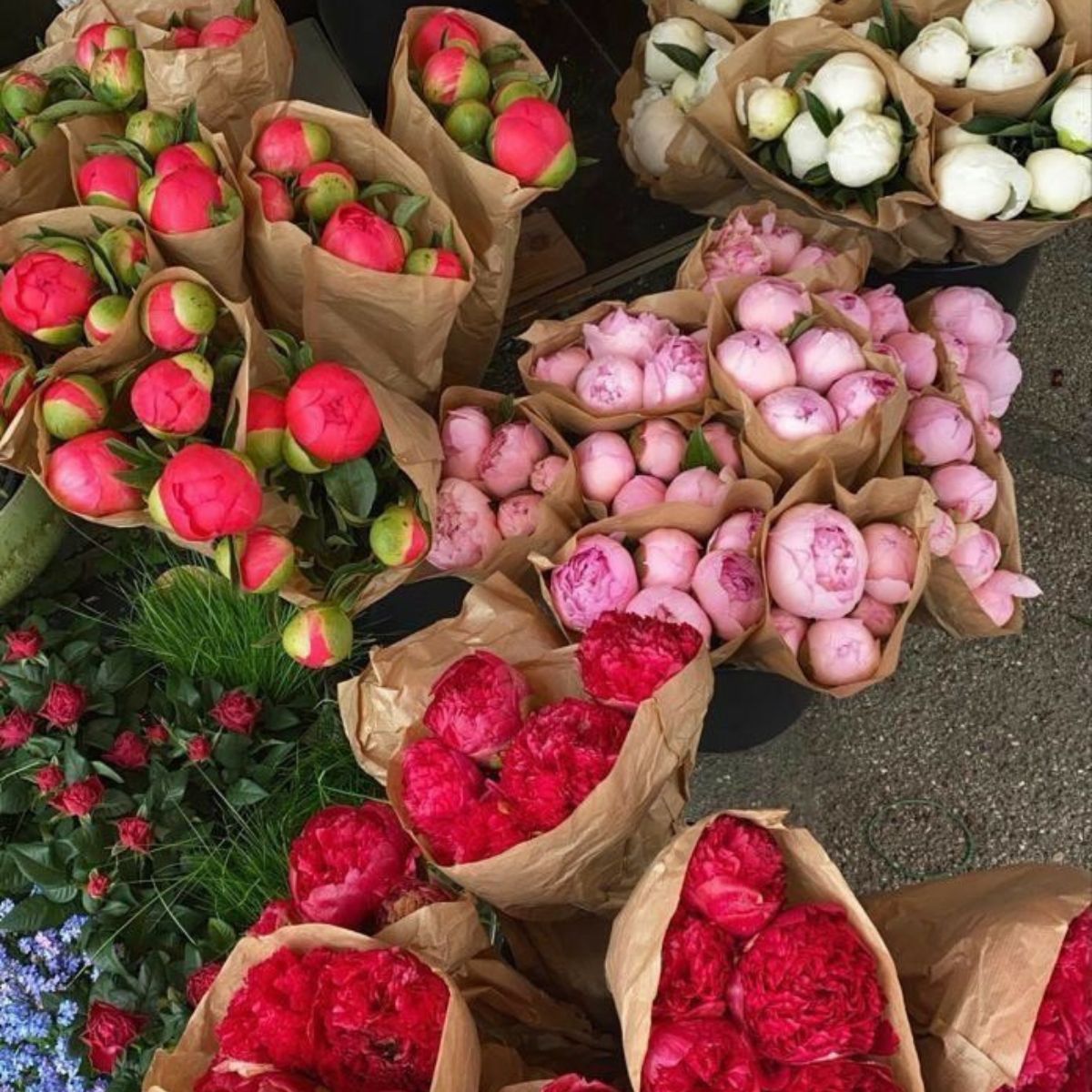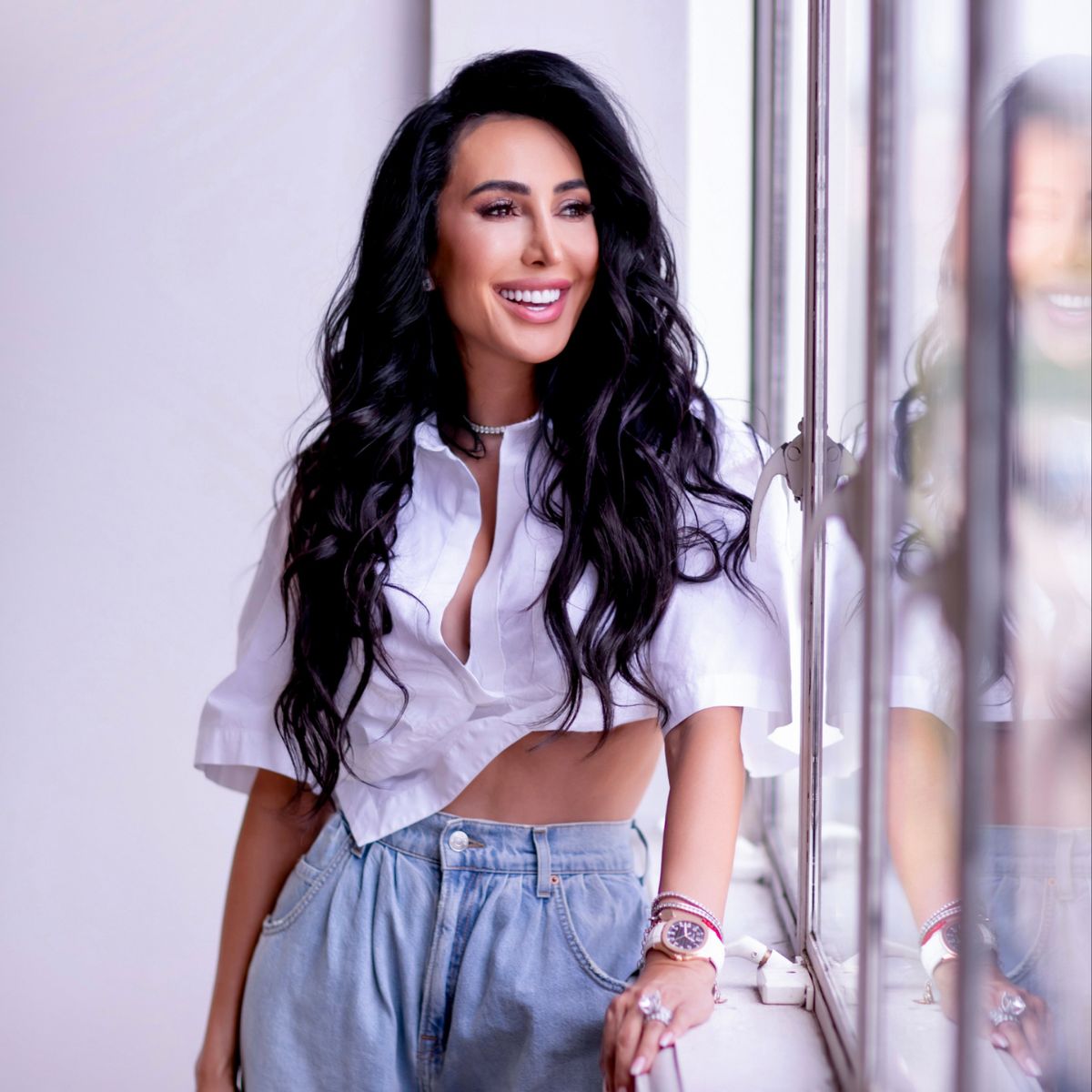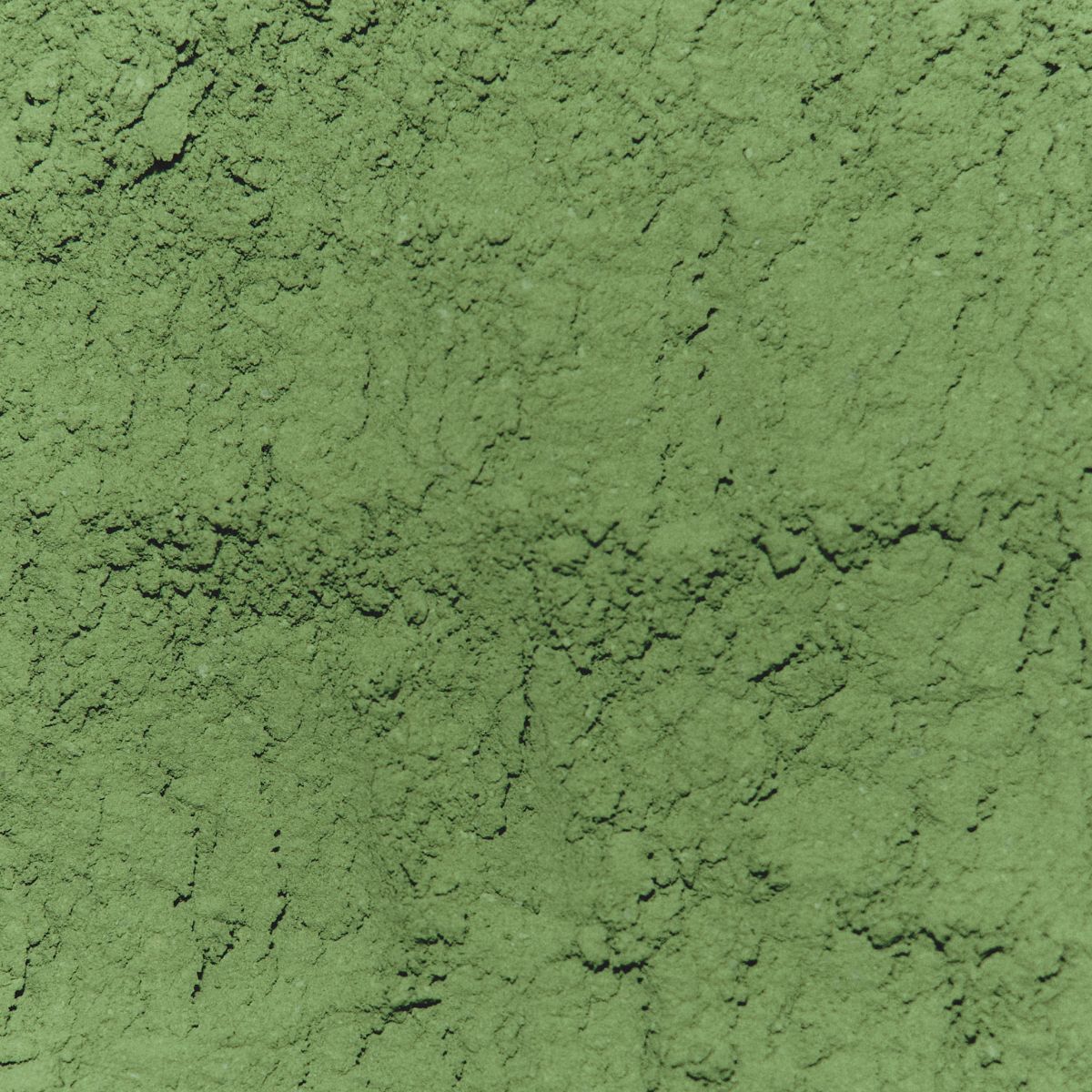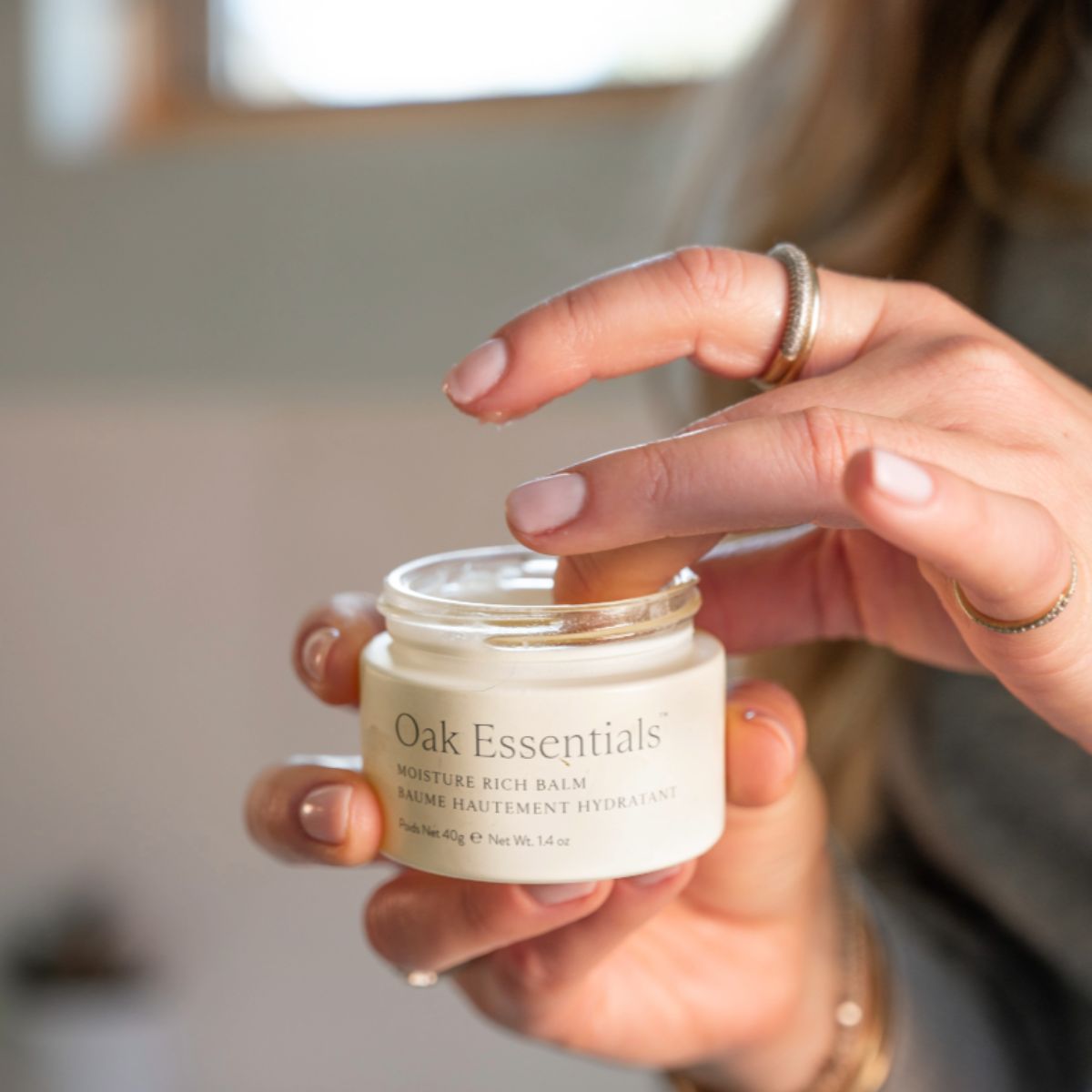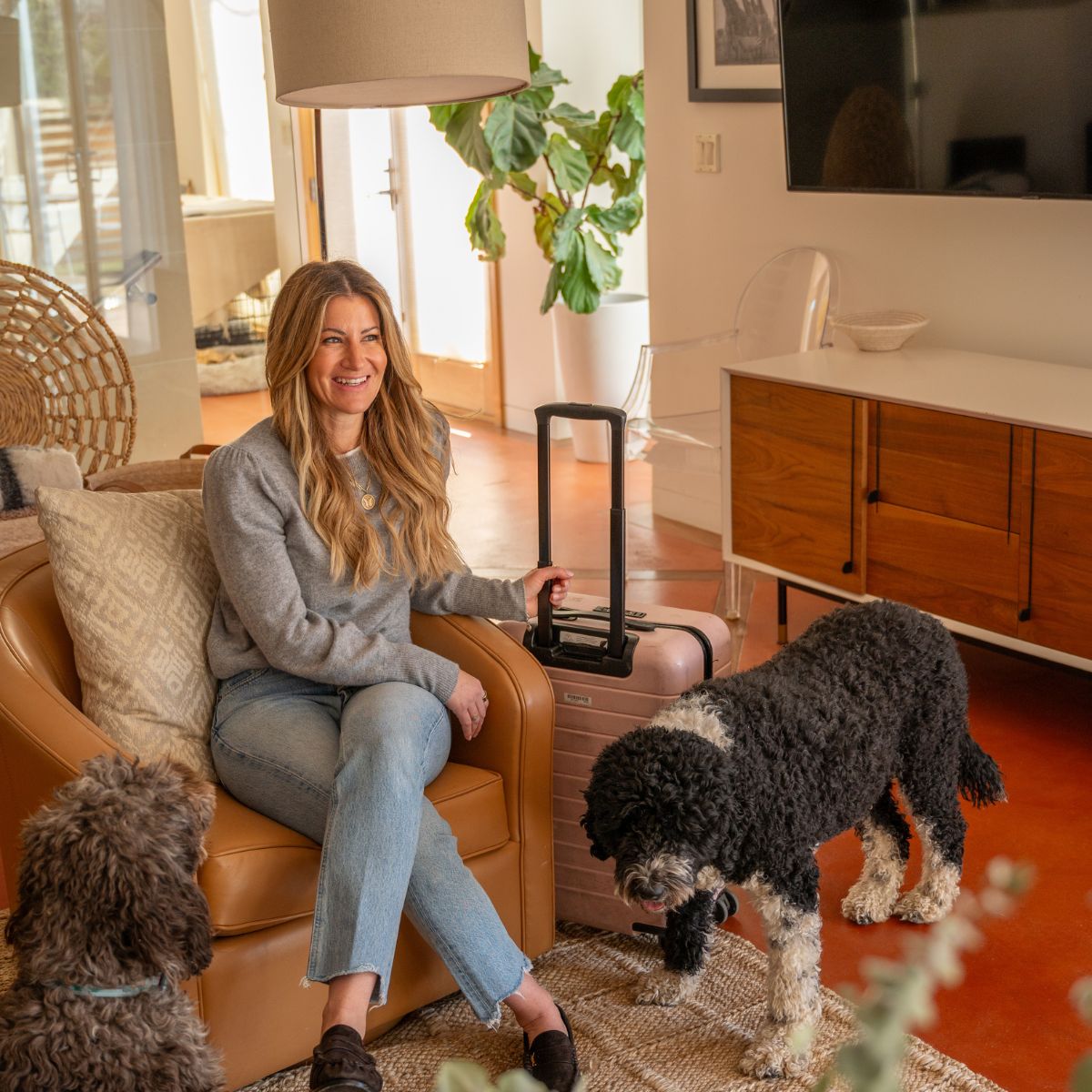In this episode, Elizabeth sits down with Angelo Keely, co-founder and CEO of Kion, an active lifestyle supplement and functional food company. Angelo shares his personal wellness journey and dives deep into the world of amino acids - what they are, why they're beneficial, and how to incorporate them into your diet and fitness routine. He explains the science behind protein synthesis, muscle maintenance as we age, and why amino acid supplements can be a game-changer for overall health and performance.
Visit getkion.com/purely for 20% off.Podcast
All Things Amino Acids and The Right Kind of Protein
with Angelo Keely
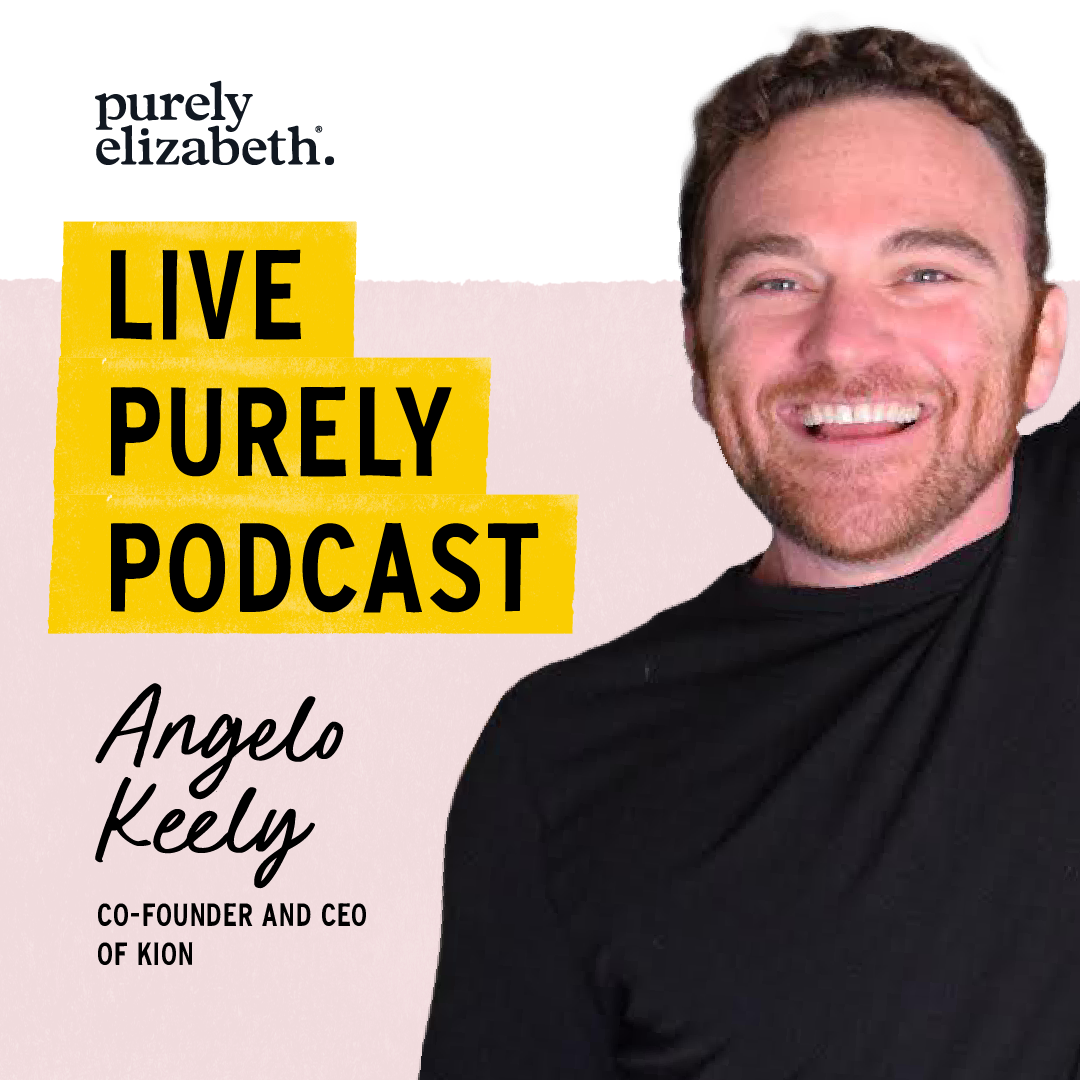
You may also like
Mix & Match



